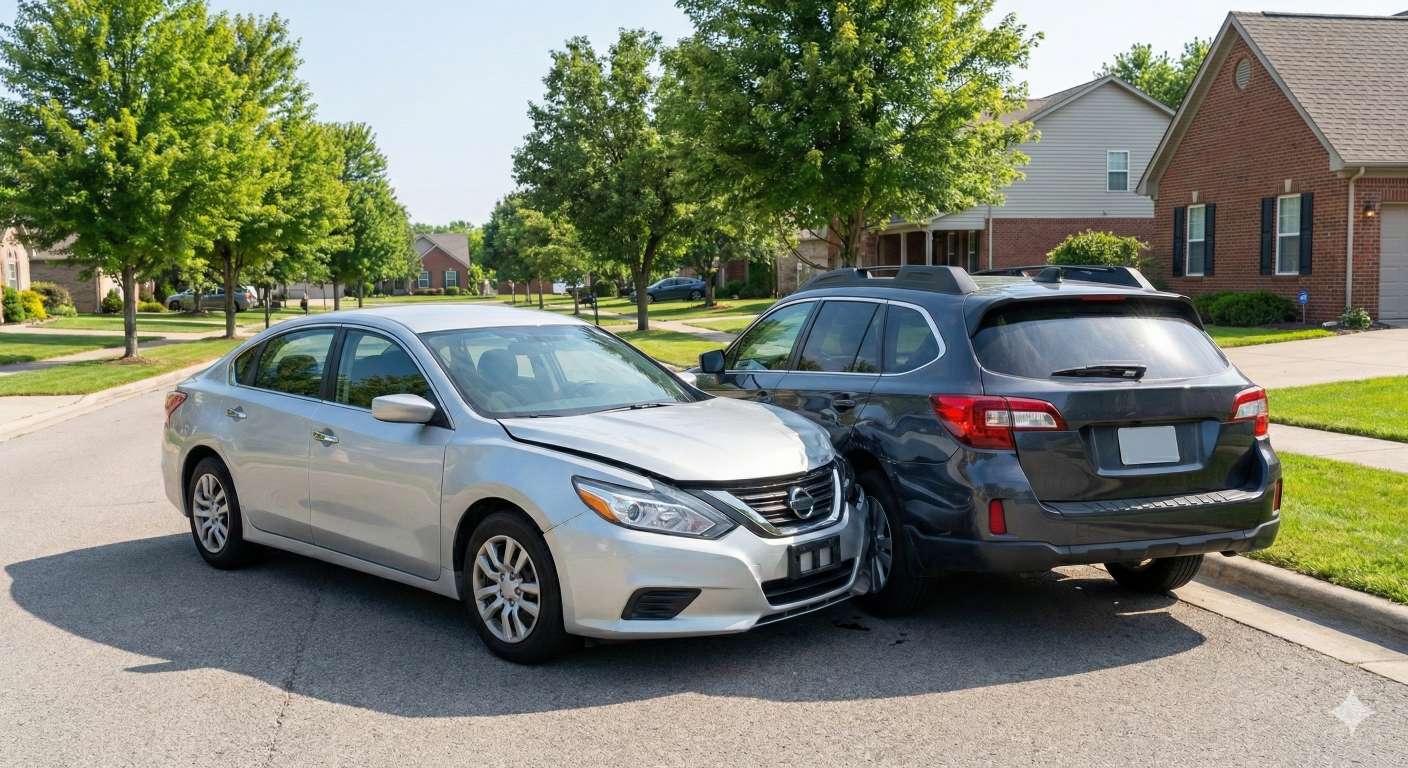No Fee Unless You Win
No Fee Unless You Win
Many people assume that winter storms and heavy rain are the biggest weather-related dangers for drivers. However, extreme heat is one of the most dangerous weather conditions on the road. High temperatures can cause dehydration, fatigue, slower reaction times, impaired cognitive function, increased aggression, and reduced visibility–all of which increase the risk of accidents.
Heat-related crashes often involve rear-end collisions, drifting between lanes, or slow reaction times at intersections. Even when accidents don’t result in serious injuries, they can be costly and frustrating. If you find yourself in this situation, a non-injury accident attorney can help protect your rights and guide you through the claims process.
Heat exhaustion doesn’t just make you feel uncomfortable, it also directly impacts your ability to drive safely. Here’s how:
Let’s take a closer look at these risks:
Your body works hard to stay cool in extreme heat. Sweating and increased blood flow use up energy, which can lead to fatigue, dizziness, and sluggish reflexes. Long-distance drivers are especially vulnerable, as extended heat exposure makes staying alert much harder.
Dehydration sets in quickly on hot days. Losing too much water and electrolytes can lead to muscle cramps, headaches, and reduced focus. A dehydrated driver might struggle to maintain proper control of their vehicle or misjudge distances.
When your body overheats, your brain function slows down. This means your reflexes are delayed, making it harder to react to sudden stops, lane changes, or unexpected obstacles. A driver who hesitates for even a second longer than usual may be unable to avoid a crash.
Heat doesn’t just slow you down physically—it affects your ability to think clearly. Studies show that prolonged heat exposure reduces cognitive function, increasing the likelihood of risky decisions on the road. Misjudging a turn, failing to notice a stop sign, or assuming a pedestrian will wait to cross can all lead to avoidable accidents.
Bright sunlight and heat waves create visual distortions on the road, making it harder to gauge distances. Sun glare reflecting off windshields can also momentarily blind a driver. Even a brief lapse in visibility increases the risk of missing critical details, like a traffic light change or a pedestrian stepping onto a crosswalk.
Hot weather can make people irritable and impatient. Studies have linked high temperatures to aggressive behavior, including road rage. Frustration from being stuck in traffic or feeling overheated can lead to reckless decisions like tailgating, honking excessively, or ignoring traffic rules.
Some drivers even become more likely to break safety laws, including laws banning texting and driving across states–a dangerous combination when combined with heat-related fatigue and impaired judgment.
To reduce the risks of heat-related driving issues, consider the following tips:
Road rage is more common in summer months than any other season, according to the Association for Psychological Science. If you’ve been involved in a heat-related car accident in Phoenix, Gage Mathers Law Group can help. Contact us today for legal assistance.

Victims of an accident can experience both physical and psychological trauma. Signs of emotional distress include anxiety, panic attacks, depression, insomnia, debilitating fear, social withdrawal, a...
Posted by Joseph D'Aguanno
When you hire a car accident lawyer Phoenix, they will send the insurance company and any other parties responsible for the crash a letter outlining your claims, damages you’ve incurred, and th...
read morePosted by Joseph D'Aguanno
According to the Arizona Department of Transportation, approximately 30% of all motor vehicle accidents in the state result in an injury. The most common car accident injuries include whiplash, b...
read moreIf you or a loved one has been seriously injured, please fill out the form below for your free consultation or call us at (602) 258-0646
2525 E Arizona Biltmore Cir #A114, Phoenix, AZ 85016
get directions